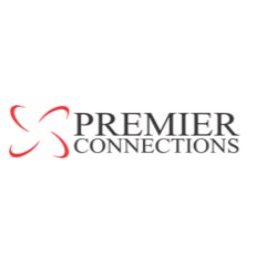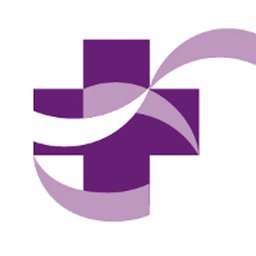SUMMARY:
The Revenue Cycle Specialist will follow established practices, policies and guidelines, and provides commercial and government billing and collections support to insurance follow up and accounts receivable. The Revenue Cycle Specialist will be responsible for overseeing and managing various aspects of the revenue cycle process, from patient registration to the final payment of claims. This role is crucial in ensuring accurate billing, timely claims submissions, and compliance with healthcare regulations. This includes performing duties which consists of reviewing and submitting multi-specialty claims to third party payors, performing account follow-up activities, updating patient registration on accounts, etc. The ideal candidate will possess strong analytical skills, a deep understanding of healthcare billing processes, and an ability to work collaboratively with healthcare providers, insurance companies, and patients.
ESSENTIAL DUTIES AND RESPONSIBILITIES include but are not limited to the following functions:
- Review, submit, and track insurance claims to ensure timely reimbursement.
- Follow up on unpaid claims, resolve denials, and make adjustments as necessary.
- Ensure accurate coding (ICD, CPT, HCPCS) and submission of claims in compliance with healthcare regulations.
- Prepare and send out patient invoices for co-pays, deductibles, and outstanding balances.
- Address patient inquiries related to billing, including payment plans and insurance coverage.
- Verify patient insurance information, ensuring accurate coverage details for proper billing.
- Collaborate with insurance providers to resolve discrepancies and eligibility issues.
- Post payments received from insurance companies and patients, reconcile discrepancies, and address short payments.
- Analyze, research, and resolve denied claims by working closely with payers, healthcare providers, and patients. Initiate and track appeals when necessary.
- Prepare and analyze revenue cycle reports, providing insights into key metrics such as days in accounts receivable, denial rates, and payment trends.
- Ensure adherence to federal, state, and payer-specific regulations and maintain proper documentation for audit purposes.
- Collaborate with cross-functional teams to identify process improvements and enhance overall revenue cycle efficiency.
- Analyze trends to determine where variances are occurring and develops reports to assess these variances.
- Summarize information, data, and recommendations, and prepares presentation materials.
- Makes recommendations based upon overall analysis to effectively monitor areas of opportunity/risk.
- Creates and develops regular and ad-hoc reports.
- Required to travel between sites as needed.
- Perform other duties as assigned.
QUALIFICATIONS
To perform this job successfully an individual must be able to perform each essential duty satisfactorily. Requirements listed below are representative of the knowledge, skill and/or ability required. Reasonable accommodations may be made to enable individuals with disabilities to perform the essential functions.
REQUIRES SKILLS/ABILITIES:
- Expert knowledge of medical terminology and coding (ICD, CPT, HCPCS, Modifiers, procedure, bill type, diagnosis, and revenue codes).
- Extensive knowledge of insurance carrier procedures.
- Expert knowledge of regulatory and CSHS policies and procedures.
- Experience with reading Explanation of Benefits (EOB) statements.
- Knowledge of HIPAA and other healthcare-related regulations.
- Experience with Microsoft office products.
- Must be well organized and ability to prioritize assignments to completion in a timely and accurate manner.
- Ability to communicate any issues or problems to upper management while also being able to complete tasks assigned.
- Ability to work independently and in a team environment.
EDUCATION and/or EXPERIENCE
- High school diploma or GED required
- Minimum of three years of billing or collections revenue cycle experience required.
- Certified Professional Coder (CPC), Certified Medical Reimbursement Specialist (CMRS), or similar certifications are a plus.
- Experience with medical billing software (e.g., Epic, Cerner, or other EHR/EMR systems) is preferred.
- Knowledge of insurance policies, regulations, and the medical coding process is essential.
- Prior experience working in a healthcare setting is a plus.





